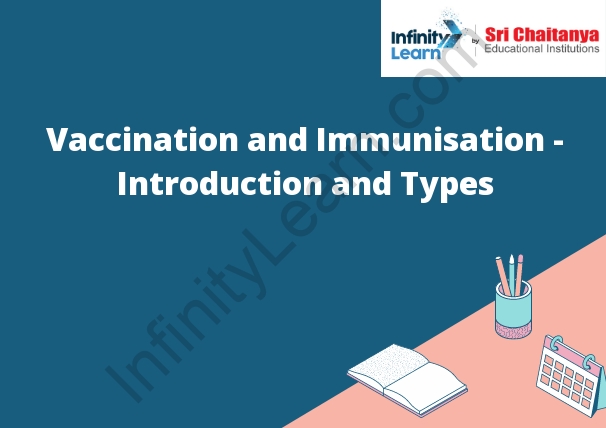Table of Contents
Principles of Prevention
There are a number of general principles of prevention that can be applied in order to reduce the risk of developing a mental disorder. These principles include promotion of good mental health, early recognition and intervention, and promotion of healthy lifestyles.
Promotion of good mental health is key to preventing mental disorders. This can be done through a variety of means, such as raising awareness of mental health issues, providing education and training on mental health, and promoting positive mental health behaviours.
Early recognition and intervention is also important in preventing mental disorders. Early recognition means detecting signs and symptoms of mental disorders early on, and intervention refers to providing support and treatment to those who need it. This can help to reduce the severity of the disorder and improve outcomes.
Finally, promoting healthy lifestyles is important in preventing mental disorders. This includes promoting good physical health, healthy eating habits, and positive lifestyle behaviours.

Types of Immunization
There are three types of immunization: active, passive, and natural. Active immunization is when a person is given a vaccine to create immunity. Passive immunization is when a person is given antibodies to create immunity. Natural immunization is when a person is infected with a disease and their body develops immunity.
Types of Vaccines
There are many different types of vaccines, but most can be classified into five categories: live attenuated, inactivated, subunit, conjugate, and DNA vaccines.
Live attenuated vaccines are made from viruses or bacteria that have been weakened so they can’t cause disease. These vaccines are given by mouth or injection and can protect against a number of diseases, including measles, mumps, and rubella.
Inactivated vaccines are made from viruses or bacteria that have been killed with heat, chemicals, or radiation. These vaccines are given by injection and can protect against a number of diseases, including polio, hepatitis A, and tetanus.
Subunit vaccines are made from parts of viruses or bacteria that have been killed with heat, chemicals, or radiation. These vaccines are given by injection and can protect against a number of diseases, including flu, rabies, and HPV.
Conjugate vaccines are made from viruses or bacteria that have been combined with a protein. These vaccines are given by injection and can protect against a number of diseases, including meningitis and pneumonia.
DNA vaccines are made from pieces of DNA that carry the genetic code for a virus or bacteria. These vaccines are given by injection and can protect against a number of diseases, including HPV and hepatitis B.
Types of Ingredients in Vaccines
The ingredients in vaccines can be divided into five categories: antigens, adjuvants, preservatives, stabilizers, and vehicles.
Antigens are the proteins or molecules in a vaccine that cause the body to produce immunity. Adjuvants are chemicals that are added to a vaccine to increase the body’s immune response to the antigen. Preservatives are chemicals that are added to a vaccine to prevent the growth of harmful bacteria. Stabilizers are chemicals that are added to a vaccine to prevent the breakdown of the vaccine. Vehicles are the liquids or solids that are used to deliver the vaccine to the body.
Infant Immunizations
The infant immunization schedule is designed to protect infants and young children from diseases caused by infectious agents. The schedule recommends doses of vaccine at specific ages to maximize the protection of infants and children. Vaccines are administered to infants and children to protect them from diseases such as polio, measles, mumps, rubella, varicella, hepatitis A, and hepatitis B.






